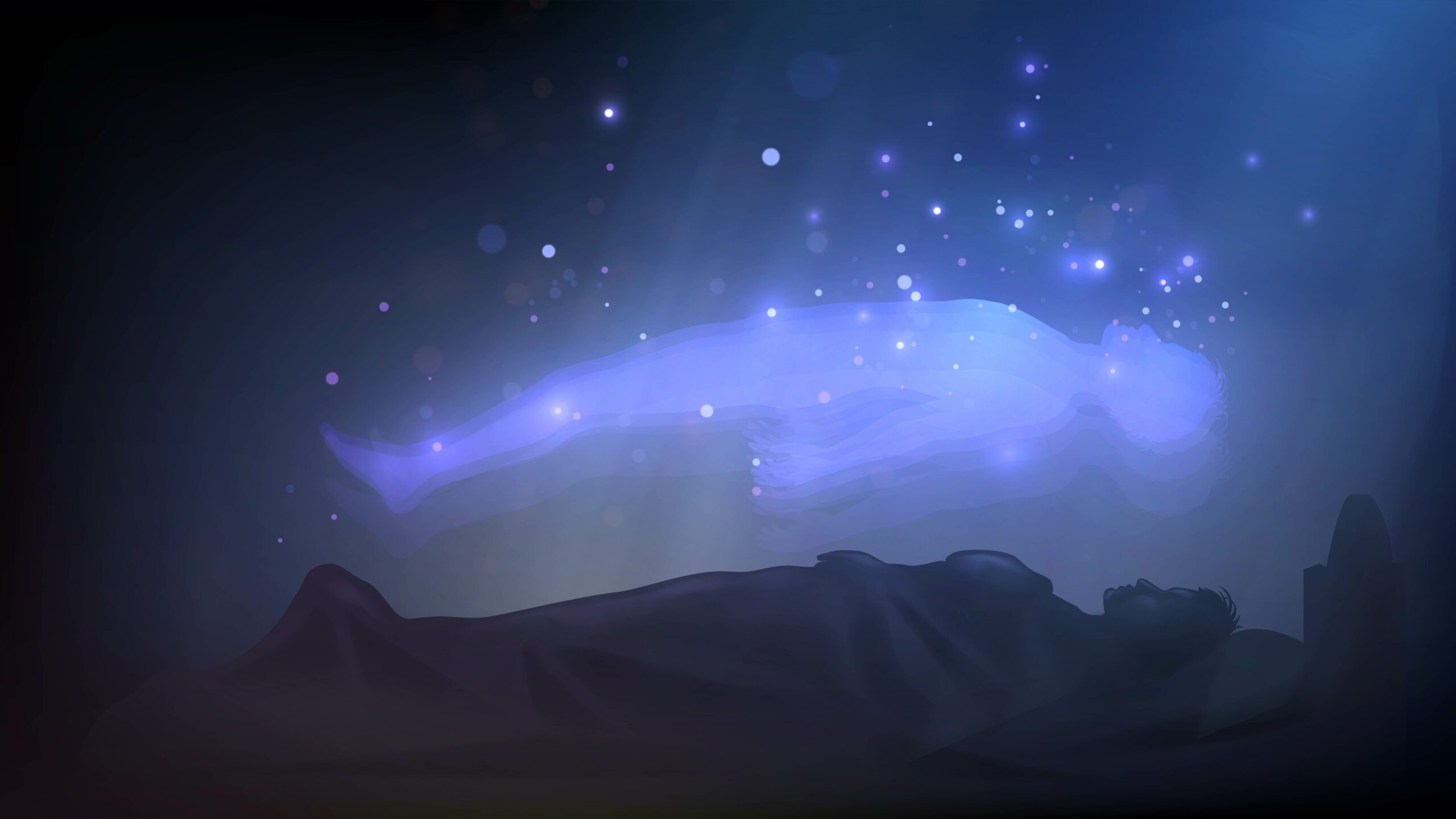
Sleep paralysis is a common phenomenon in which an individual experiences a temporary inability to move or speak while transitioning between sleep stages. It is a condition that affects approximately 7.6% of the general population and is frequently reported by those with narcolepsy.
In narcolepsy, sleep paralysis is often associated with episodes of cataplexy, a sudden loss of muscle tone triggered by strong emotions. During sleep paralysis, the individual is fully awake and conscious but unable to move, speak or respond to external stimuli. Often, the individual may perceive vivid and sometimes frightening hallucinations, such as sensing the presence of someone or something in the room, or feeling pressure on their chest, which can lead to fear and anxiety.
The cause is not fully understood, but it is known to occur when the body is transitioning in and out of different stages of sleep. During rapid eye movement (REM) sleep, our muscles become temporarily paralyzed to prevent us from acting out our dreams. Sometimes, during this transition stage, the body can become temporarily ‘stuck,’ leading to sleep paralysis.
As a Narcolepsy patients we are known to experience disrupted sleep architecture, with frequent transitions between daytime sleepiness, REM and non-REM sleep stages. The frequent and disruptive transitions between sleep stages can increase the likelihood of experiencing sleep paralysis episiodes, especially combined with episodes of cataplexy.
Although often troubling and distressing, the experience of sleep paralysis is generally harmless and usually resolves spontaneously within a minute or two. For patients with narcolepsy, treatment options include stimulant medication to improve wakefulness and reduce daytime sleepiness, as well as antidepressants, which can reduce episodes of cataplexy and related sleep disorders including sleep paralysis. Psychological counseling and sleep hygiene techniques, such as maintaining a consistent sleep schedule, can also help alleviate symptoms.
Holistic treatments include natural remedies, relaxation techniques, and lifestyle modifications that aim to address the underlying factors contributing to the condition. Here are some possible holistic treatments that might help relieve the symptoms of sleep paralysis:
1) Herbal Remedies- Valerian root, passionflower, chamomile, and Ashwagandha are natural supplements known for their calming properties that can help reduce anxiety and insomnia. They can be consumed as tea, pills, or tinctures.
2) Regular exercise- Regular exercise can help you relax, reduce stress and improve your sleep quality. It’s also known to regulate your sleep-wake cycle, which might help prevent or reduce the frequency of sleep paralysis episodes.
3) Sleep hygiene techniques – Maintaining a regular sleep schedule, sleeping in a dark and quiet room, avoiding stimulants like caffeine and nicotine, and creating a relaxing bedtime routine can all promote healthy sleep, reduce stress that might contribute to sleep paralysis episodes.
4) Mindfulness meditation – Mindfulness and relaxation techniques like yoga, meditation or deep breathing can help reduce anxiety, promote relaxation, and control the symptoms of sleep paralysis.
5) Aromatherapy- The use of essential oils such as lavender or peppermint oil can have a calming effect that helps reduce the frequency of sleep paralysis while promotes relaxation
6) Proper nutrition – Maintaining a healthy and balanced diet, drinking plenty of water, and avoiding alcohol or sugar, can help promote overall healthy physical and mental wellbeing that can reduce the likelihood of sleep paralysis episodes.
It’s important to remember that holistic treatments for sleep paralysis should be used in conjunction with any prescribed medical treatments, and you should consult with a healthcare professional before trying any natural remedies or techniques.
Always seek the advice of a qualified healthcare professional with any questions you may have regarding a medical condition. Never disregard professional medical advice or delay in seeking it because of something you have read on this website.
View resources on narcolepsy diagnosis.